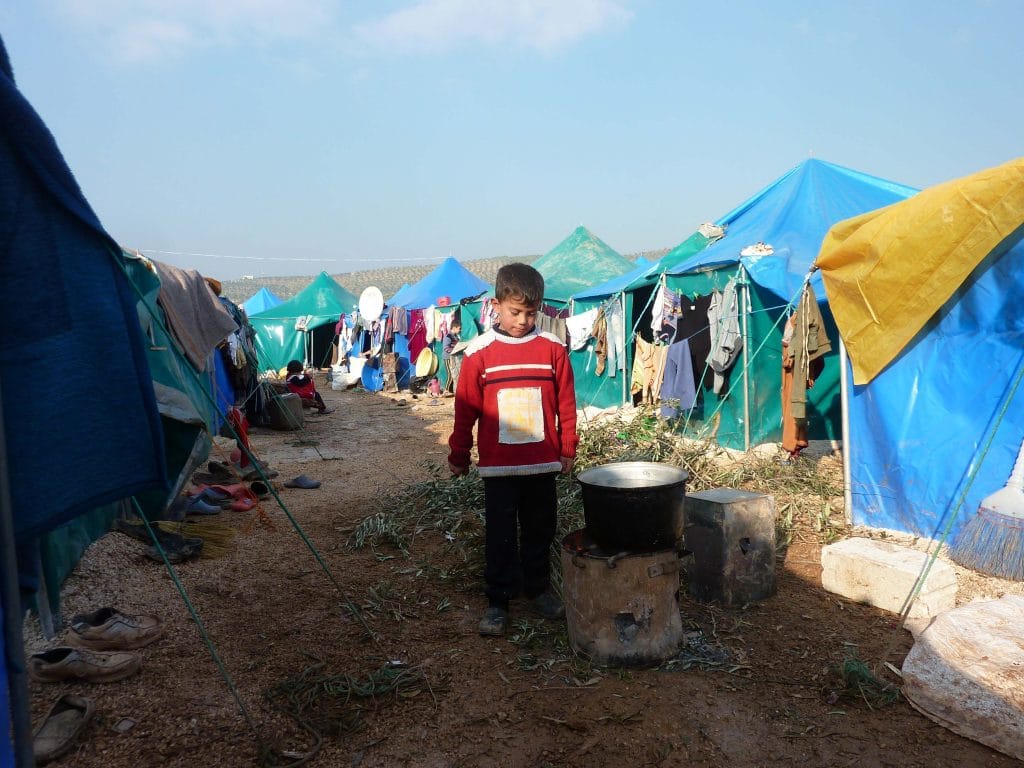
Humanitarian organisations have issued dire warnings about the potentially catastrophic impact of Covid-19 in countries already in the throes of crisis. Calling for $2.01 billion to fund a coordinated humanitarian response to Covid-19, the United Nations priorities countries gripped by food insecurity, including Yemen, Syria, South Sudan, Afghanistan and Bangladesh. Muslim charities are on the frontline in this global health crisis. As national non-governmental organisations they are among the first to reach communities with lifesaving aid. And as international charities, they are providing vital support to vulnerable people who who endure precarious conditions in camps and urban centres.
However, Muslim charities face unprecedented challenges as the coronavirus crisis strangles fundraising and threatens lifesaving programmes in the field – at precisely the moment they’re needed most. Western-Muslim charities. Lockdowns imposed to save lives in the West have prevented Muslim charities from carrying out their usual fundraising in mosques and through public events. Their incomes are dropping precisely as the humanitarian needs are rising. Many are responding to Covid-19 in the countries in which they fundraise, as well as to complicated crises in Muslim majority countries including Yemen, Syria and Myanmar. They are also providing a lifeline to those affected by largely neglected crises such as in Gaza and Mali.
According to the United Nations, funding for humanitarian action has been falling short since 2009, exceeding $13 billion last year. The gap is the result of natural disasters and protracted conflicts such as in Yemen and Syria, and an increase in numbers of refugees and internally displaced people worldwide. Muslim charities are responding to many of these crises, with donations from Muslims making up a sizable proportion of their income. Muslims give sadaqa, voluntary charity, and obligatory alms-giving known as zakat, with many choosing to support programmes serving their local and national communities. However Muslim charities typically focus their humanitarian programming on the Global South, and so they lack implementing bodies in the west.
What’s more, Covid-19 has left their usual donors with less money to give – according to the International Labor Organisation (ILO), half of the world’s workers are now in danger of losing their jobs. In response, Muslim charities should develop implementing bodies and strengthen local charities in donor countries and use the opportunity to educate donors about the value of their economic empowerment programming.
As the world looks for ways in which to live with the virus, the ‘tried and tested’ fundraising activities on which many Muslim charities rely may be gone forever. But without the outlays associated with putting on public events, combined with lower office running costs as staff in lockdown work from home and the expenditure on travel drops, savings can be made. Savvy charities will invest this cash in training staff in new ways of working, and in developing creative and resilient fundraising mechanisms.
Fundraising for sectors such as health or education, rather than countries, would give charities greater flexibility to respond where the needs are greatest. Concentrating on building brand affinity rather than promoting individual projects will boost donor retention. Drawing on volunteers to organise challenges, as an alternative to using alternative fundraising that would reduce costs and better engage donors.
The virus is also presenting significant challenges to Muslim charities as they implement their humanitarian programmes. For example, some are currently distributing Ramadan food parcels, with budgets reaching $5 million or more. They are having to find ways of getting food supplies to vulnerable families while introducing social distancing measures to reduce the risk of spreading coronavirus. Many humanitarian projects are seeing their duration extended by up to 12 months, leaving vulnerable people without the interventions they so desperately need. It is unclear who will shoulder the additional cost of the extensions. Muslim international non-governmental organisations still have to run their field offices, and they have to find the money for unforeseen expenses such as face masks, hand sanitiser, and increased use of private transport. We estimate that the measures needed to protect staff from infection could see the cost of humanitarian action could rise by 15-25%.
Muslim charities must prepare teams to negotiate with donors about the increase in project costs, and to preserve the skills and expertise in their offices, consider reducing all staff salaries as an alternative to redundancies.
The Muslim charities that survive this global crisis will be those that swiftly adapt, and that invest in a new vision for fundraising post-Covid. Those that do not will themselves fall victim to Covid-19. And it will be the world’s poorest people who pay the price.